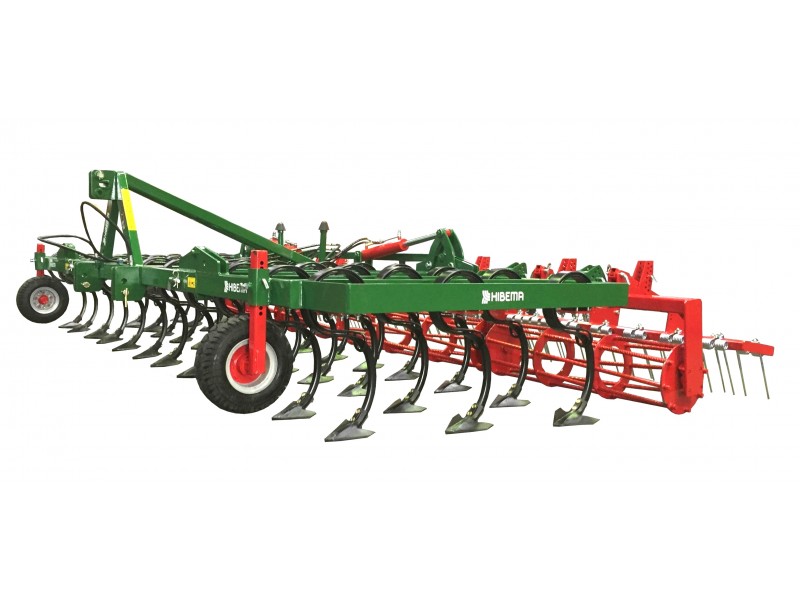The report prepared by Analistas Financieros Internacionales (AFI) for OIVE aims to highlight and make the various attributes of the sector more widely known, in order to find a better fit with the image of the wine sector held by the various socio-economic agents, both in the public and private spheres and, in general, by Spanish society as a whole.
The wine sector is closely linked to Spanish gastronomy, culture (including intangible cultural heritage), the wealth of regional landscapes, the image projected abroad, and many other elements that make up the hallmarks of our country's identity.
Methodology report on the importance of the wine sector in Spain
The preparation of the report firstly contemplates a characterisation of the broad value chain of the wine sector, covering the core activities: viticulture, winemaking and wine marketing. But also a number of other key supply activities, as well as related activities, including wine tourism. Once the value chain has been outlined, a quantitative estimate is made of the economic importance of the core activities as a whole, reflecting their contribution to Gross Value Added and employment, as well as to the public purse. Without neglecting the tractor effect exerted on other economic activities. Likewise, the quantitative analysis on a national scale is complemented with an estimate of the direct weight of the sector in the different autonomous communities. It also reflects on the effects of the pandemic, outlining the different transmission routes of an impact on winegrowing activity, the magnitude of which is still uncertain.
The third section deals with the international dimension of the sector, in order to reflect the performance of its business fabric in foreign markets and, with this, the capacity to boost the internationalisation of the Spanish economy. Another specific section is devoted to the social value of the wine sector, in which its capacity to provide a backbone for the territory and promote tourist flows, among other aspects, is mentioned. Finally, prior to the conclusions, some of the main efforts made by the wine sector to contribute to the fight against climate change and respond to its responsibility in terms of environmental sustainability are highlighted.

























